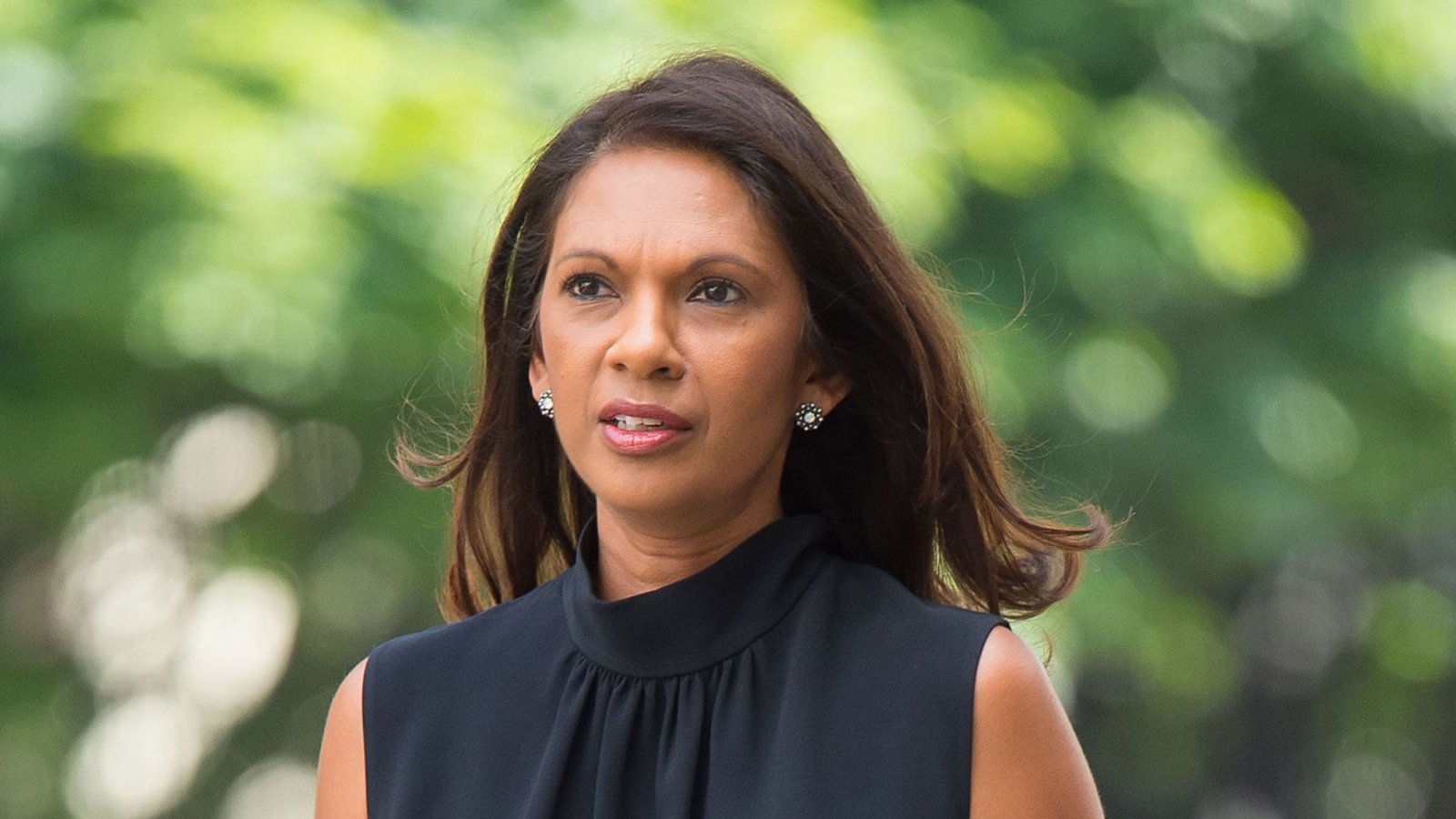Charities are being urged to spend at least 65% of donations on direct support after a helpline was censured for only spending 2.8% on “charitable activities”.
Gina Miller, founder of the True and Fair Foundation, said it was “absolutely scandalous” that the National Hereditary Breast Cancer Helpline’s (NHBCH) accounts had gone unnoticed for so long.
Ms Miller, who is also known for her interventions on Brexit, said charity donors expect most of their money to fund support services, rather than running shops or paying staff.
She told “It’s quite extraordinary how many charities say they can’t survive on a benchmark of 65% – this is not saying that there can’t be an overheads spend, but if people are handing over their money, they need to know that the lion’s share of it is going to benefit the people that the charity supports.
“You have got to run a charity in an efficient way and build awareness and do all the things to make sure it’s sustainable, but my argument is that to spend less than 65% is not good enough.”
Ms Miller highlighted the breast cancer charity, which in July was the first recipient of an official warning from the Charity Commission for “significant breaches of trust”.
“The charity commission has got to be better at scrutinising the sector,” Ms Miller said.
The helpline’s accounts show it spent 6%, 3.4% and 2.8% of annual donations on “charitable activities” in 2013, 2014 and 2015 respectively.
The average spend by charities is 83%, the Charities Commission said.
NHBCH founder and former chairwoman Wendy Watson, who resigned as a trustee in October 2016, also paid herself £31,000, a transaction her lawyers described as “an error”.
Ms Watson told Sky News: “In five years I’ve been paid for one year, which is less than 60p an hour – but that’s irrelevant.
“The charity started off with nothing – I’ve been supporting it all the way through.
“I wanted to make it sustainable so I could retire and there would be a funding stream set up for other people to be able to be paid and manage the helpline, which I’ve done mostly voluntarily.
“Mistakes were made. I’m not a businesswoman, I’m somebody passionate that wants to keep the helpline going and find a way to raise some money to do that.
“The charity needed to make the shops more profitable, which is what we’ve been doing. That will enable me to train others to work on the helpline so that I can retire.”
Michelle Russell, director of investigations at the Charity Commission, told Sky News Ms Miller’s suggestion was problematic.
She said: “Imposing a minimum spend on charitable activity may sound like an attractive idea in theory. But in practice, charities are very diverse in their size, activities, and also in the risks that they face in their work.
“For example, the public would expect a charity working with children to invest in robust safeguarding policies and procedures and in training their staff.
“Similarly, newly established charities may have to focus on raising funds during their early life, before being able to apply those funds on the end cause.”
